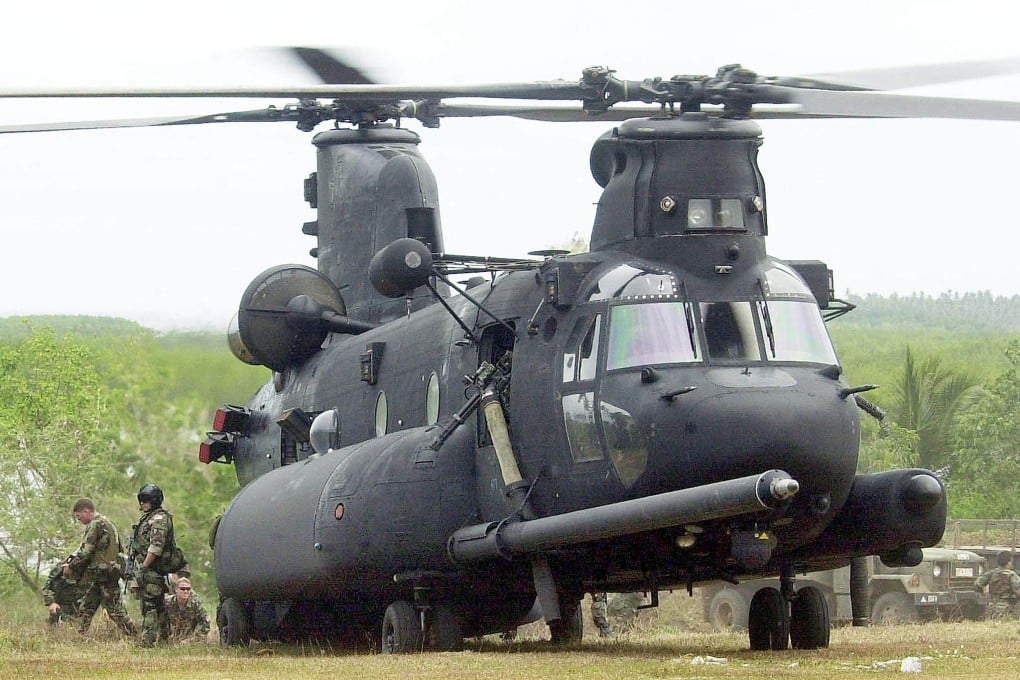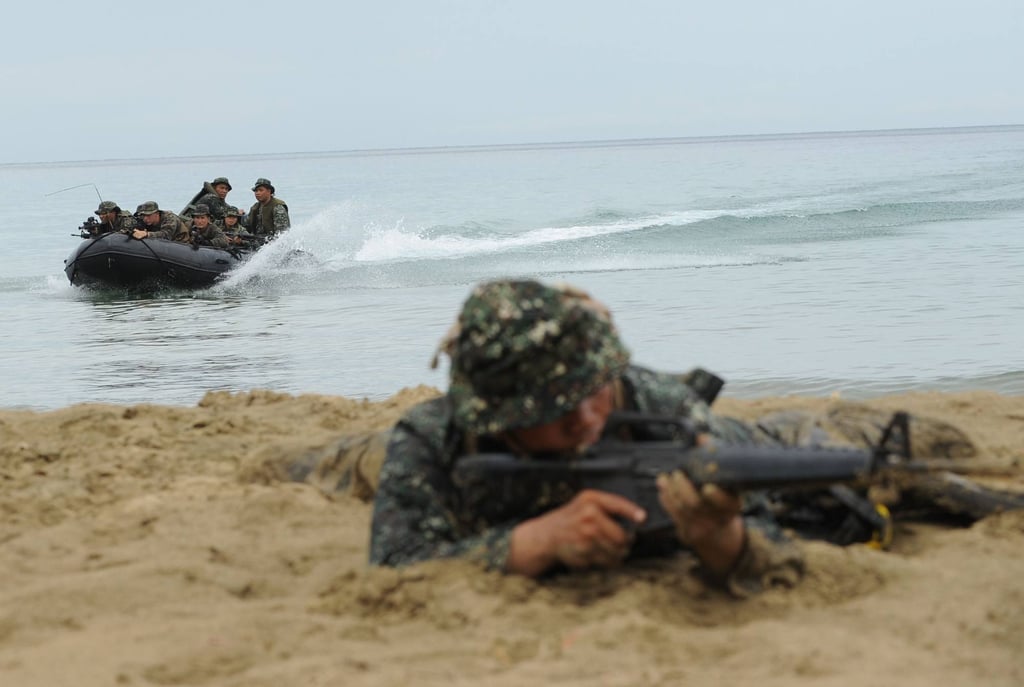Opinion | Philippines-US defence treaty needed more than ever as Taliban’s rise sparks fears of global terrorism
- The Mutual Defence Treaty between Manila and Washington marked its 70th anniversary this month, but it has been criticised for obsolete practices
- Amid concerns over a resurgence of militant behaviour, the pact needs to be reviewed to ensure Washington aids Manila in combating threats to national security

The September 11 terrorist attacks in New York and Washington, in which the financial and political capitals of the US were gutted by non-state actors, changed the contours of the international security landscape.
These major terrorist incidents took place despite the passage of the Human Security Act of 2007, Manila’s primary anti-terrorism law, which did not succeed in quashing the activities of al-Qaeda-linked local groups such as Abu Sayyaf or Indonesia-based Jemaah Islamiah, which is known to be operating in the Philippines. As such, the more stringent Anti-Terrorism Act of 2020 was enacted.
Meanwhile, the Mutual Defence Treaty (MDT) between Manila and Washington marked its 70th anniversary last month, making it one of the world’s longest-lived agreements of its kind. However, it has been criticised for obsolete practices amid the evolving global security landscape that hinges on sovereignty issues in terms of addressing transnational crimes like terrorism, and it was recently challenged by the wider Philippine security sector, which called for a review of its provisions in anticipation of changes in the country’s defence and foreign policies.
The Philippines must consider banning foreign forces from directly engaging in combat on its soil. Its failure to do so thus far has become a handicap and is one of the main reasons why the terrorist conundrum has lasted so long in the southern Philippines despite tactical and strategic support from major powers to crush jihadis in Marawi.

